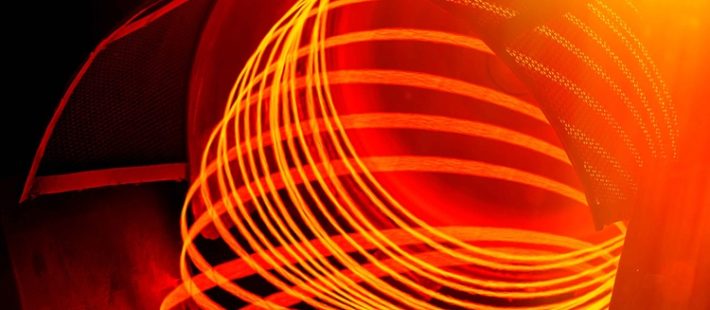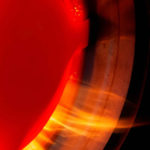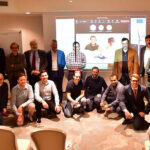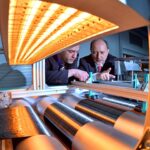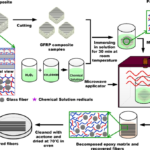The CEM-WAVE Novel CEramic Matrix Composites project produced with MicroWAVE assisted Chemical Vapour Infiltration process for energy-intensive industries project is funded under the SPIRE Work Programme of Horizon 2020. The aim of the CEM-WAVE project is to develop low-cost ceramic matrix composites production technologies in order to encourage the introduction of these materials in highly energy-intensive production processes such as steelmaking.
This project involves a multidisciplinary team
The team includes the University of Pisa as coordinator, along with important European companies, universities and research centers, such as:
- Fraunhofer-Gesellschaft (Germany): Set-up preform’s materials for MW-CVI processes
- IPCF-CNR (Italy): MW-CVI processing of CMCs based on solid-state sources
- ENEA (Italy): CMC microstructural, thermomechanical and thermophysical characterisations
- CNRS ( France): Micro and Macro scale modeling of the MW-CVI processes
- Polytechnic University of Turin (Italy): Joining and Coating of the produced CMCs samples
- ArcelorMittal (Spain): Testing and Application of CMCs materials for future fluctuating and extreme conditions
- Università di Birmingham (UK)
- CertiMac (Italy)
- IRIS Technology Solutions SL (Spain)
- Steinbeis Advanced Risk Technologies (Germany)
- Kneia S.L. (Spain): Dissemination, Communication and Exploitation
Joining and Coating of the produced CMCs samples
Politecnico, with professors Valentina Casalegno, Monica Ferraris and Milena Salvo from DISAT will deal with the study of processes and joining materials for innovative materials such as Composite Matrix Ceramic materials (CMC). The materials produced during the project will be joined and the joints produced will be tested under operating conditions.
The project
CEM-WAVE arises from the need to use more and more renewable energy sources, an aspect also highlighted by the recent European Green Deal.
Especially, major process industries – such as those in the steel industry – will have to ensure greater attention to environmental management. It will be include the implementation of innovative materials that are able to both support aggressive conditions – such as high temperatures and corrosive environments – both to ensure greater energy efficiency and high performance.
Microwave-assisted Chemical Vapour Infiltration (MW-CVI) technologies
In accordance with these purposes, EM-WAVE aims to introduce the recent Ceramic Matrix Composite Materials (CMC) in the industrial field through the use of an innovative production process, based on chemical vapour infiltration by microwave heating (MW-CVI).
The project, structured in 10 Work Packages (WP), involves the development of a process of production of radiant tubes in composite ceramic material (CMC) based on oxydic and non oxydic. A process of “welding” of CMC components will also be developed in order to obtain tubes of various shapes and a process for the application of protective coatings.
The study and development of the processes will be supported by thermomechanical qualification and tests in conditions simulating operation.
The processes will also be evaluated from the point of view of environmental and economic sustainability. This new process will lead to a significant reduction in production times and costs. Furthermore, CMCs will be made sustainable in many fields of application and specifically for a wide range of energy-intensive industrial sectors, with enormous environmental and productive benefits.
 |
Subscribe now to our quarterly Compositi newsletter
|


